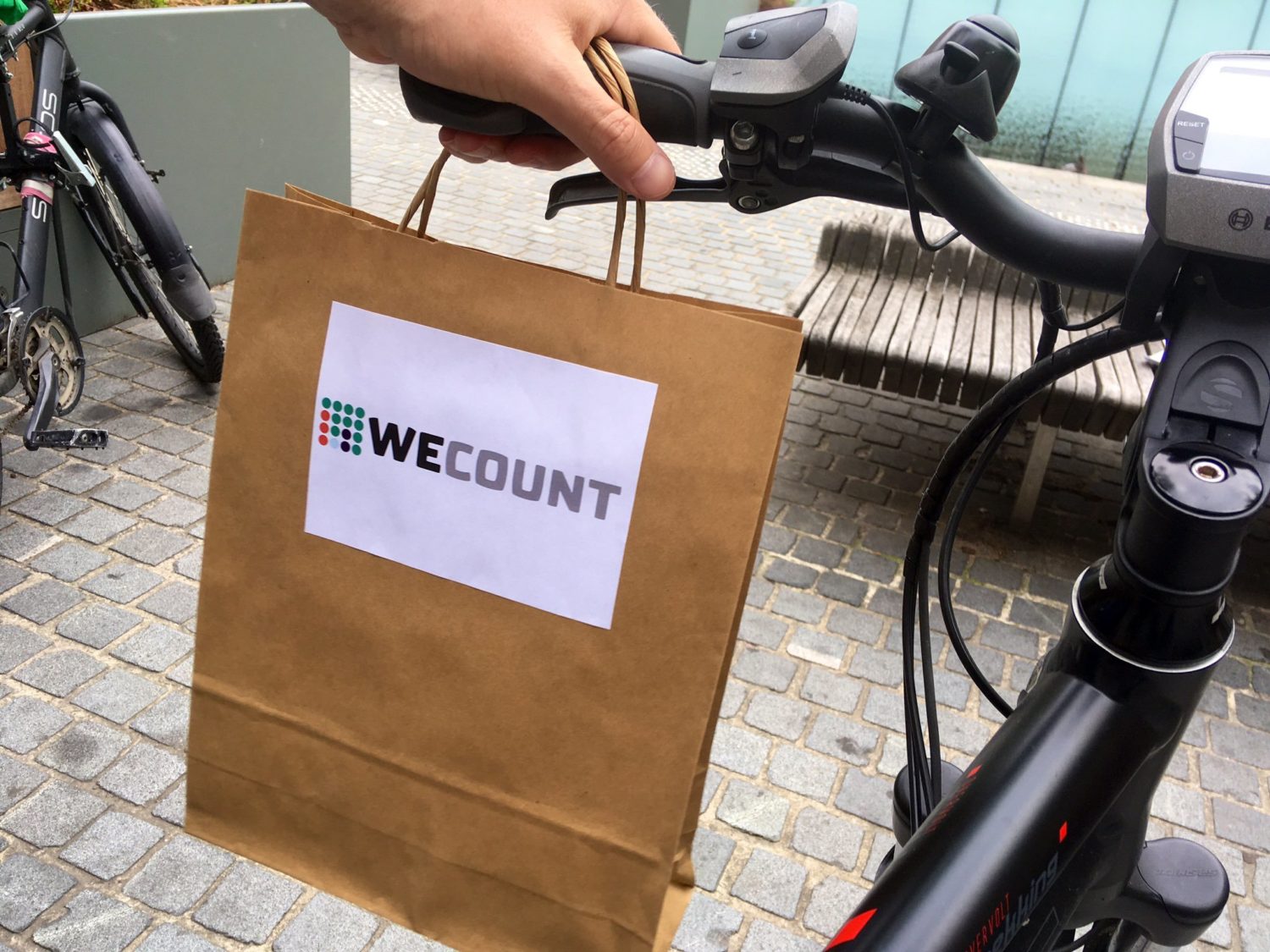
Hybrid citizen engagement approaches to deliver citizen-led project results in times of a pandemic: Policy Brief#1

Citizen Science is gaining momentum across different fields, striving to contribute to citizen innovation and the democratisation of science. The value of citizen participation and science in transport is harnessing more recognition, however, the current ad-hoc engagement approaches can result in a lack of diversity and inclusivity. Can citizens directly contribute to achieving more sustainable transport systems? Can their actions and insights contribute to policy-making, allowing for a bottom-up, participatory approach, that reflects citizen expectations in urban mobility planning?
WeCount’s first Policy Brief builds upon the Citizen Science approach and methodology employed by the project, its shift from face-to-face to hybrid interactions and how the citizen-science and concept can help to tackle challenges brought about by COVID-19.
The COVID-19 pandemic poses challenges to Citizen Science engagement approaches but also showcases the potential of online/hybrid approaches to reach a bigger audience, leading by example to the reduction of trips and carbon emissions, using an in-house solution ensuring that citizens engage in science while being safe.
WeCount’s #1 Policy Brief puts forth the following policy recommendations:
- Citizen Science should be one of the cornerstones behind co-creation processes both for policy-making and research and innovation initiatives,
- Citizen Science engagement methodologies can serve as an additional tool to assist the development of Sustainable Urban Mobility Plans (SUMPs), for a more inclusive, citizen-centred, policy-making process,
- · Hybrid strategies with limited face-to-face interaction in combination with online events can replace classical citizen engagement activities such as workshops,
- · WeCount’s potential to assist in providing data for urban mobility planning, particularly at the local level, is highlighted by the COVID-19 pandemic.
You can read the full Policy Brief here.